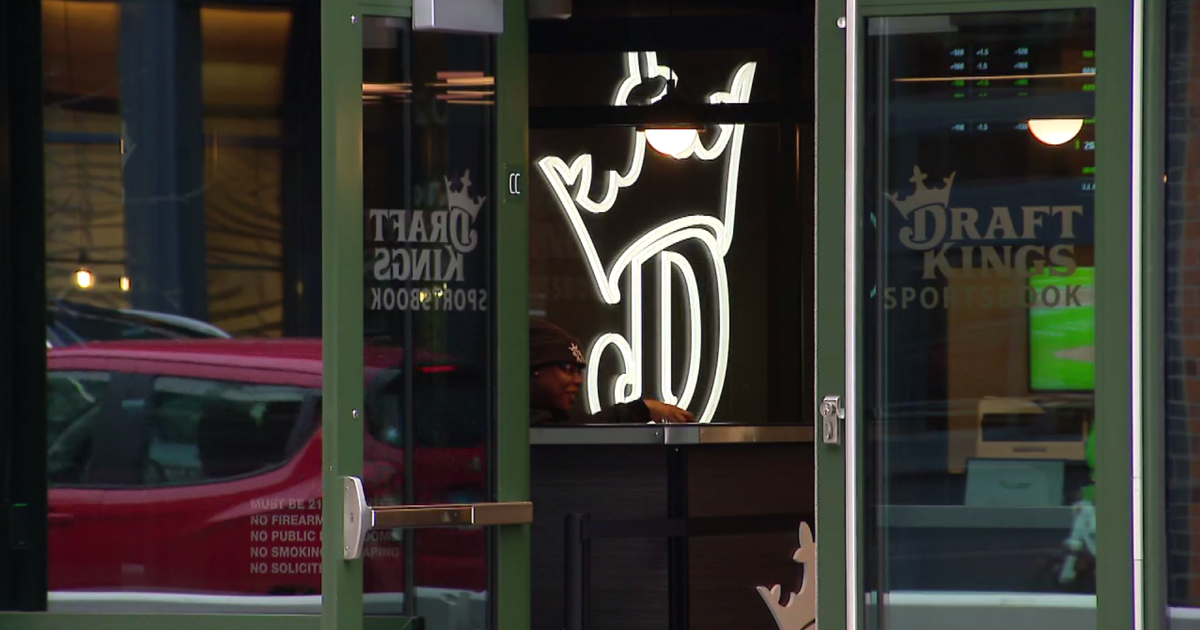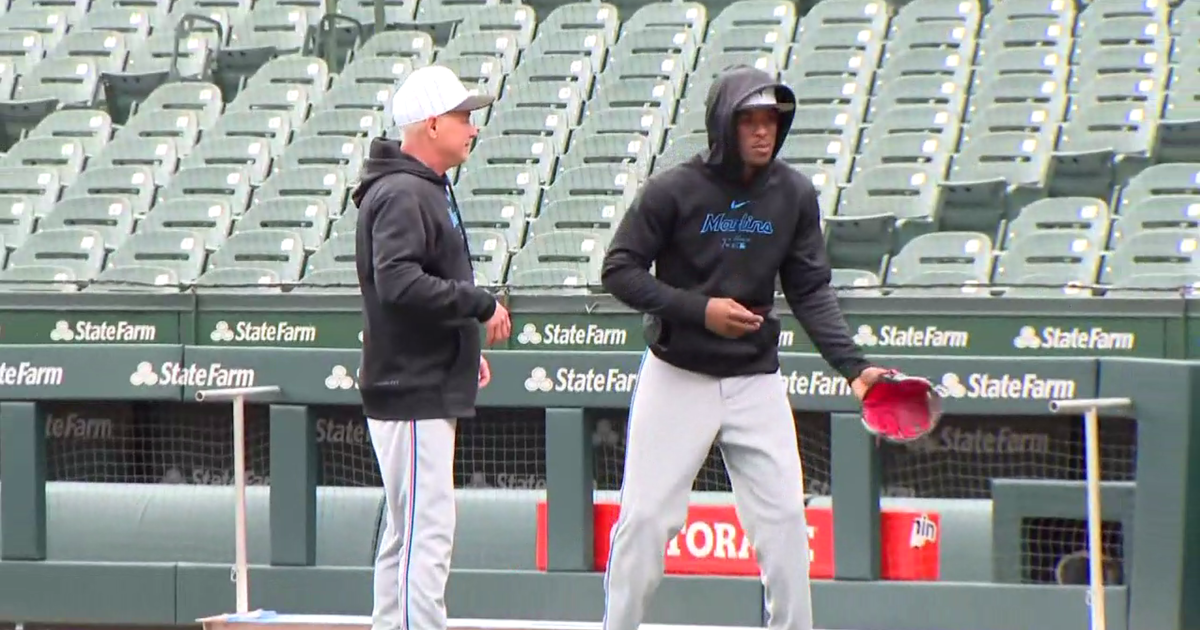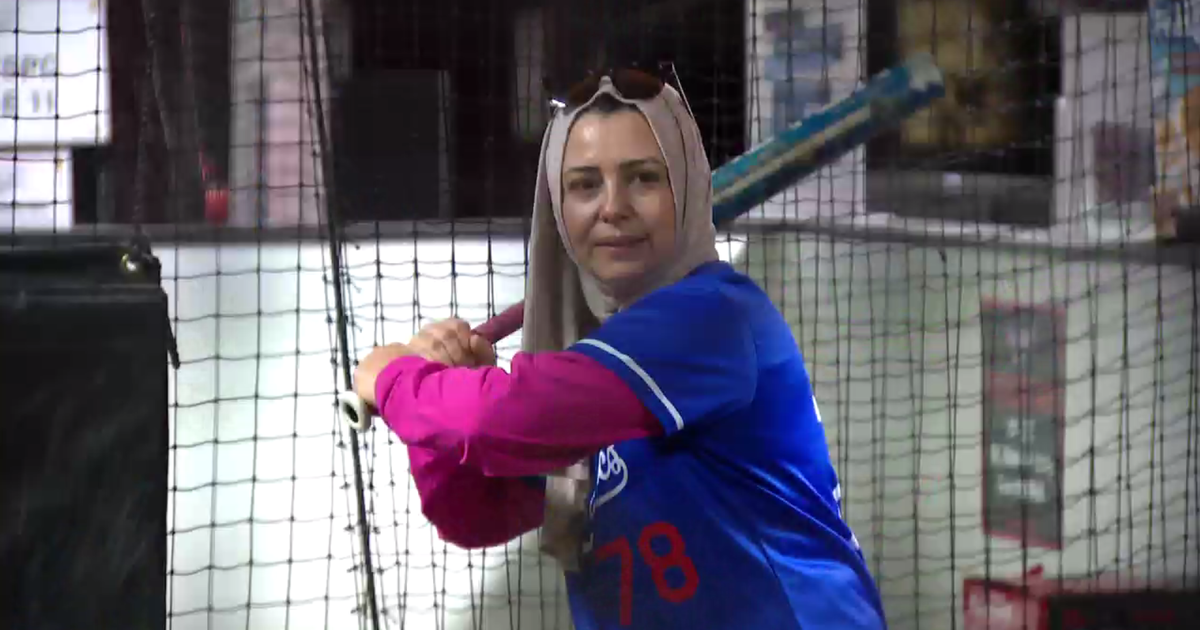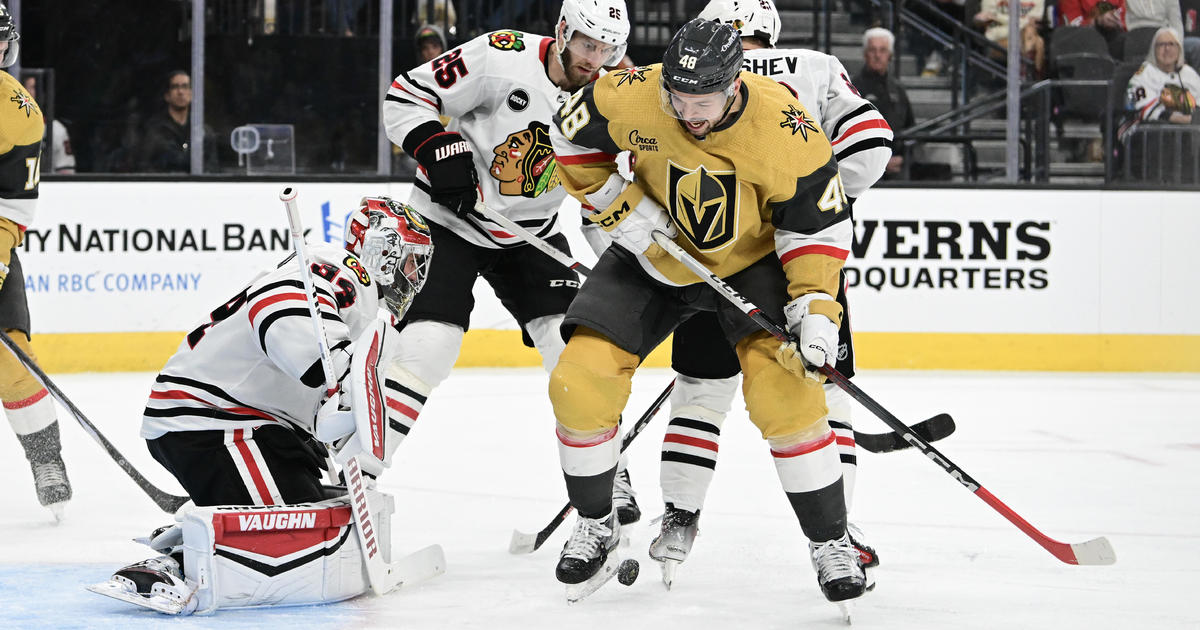Keidel: Was Muhammad Ali Boxing's Greatest?
Muhammad Ali was so singularly important, his influence spread like butter across cultural, political and athletic lines, we cannot rate his influence. But none of that would be possible had he not developed a trade and been so brilliant at it.
First and foremost, Muhammad Ali was a fighter. And since he branded himself so, assured us he was the pugilist nonpareil, it would be reasonable to wonder if he's right.
Boxing has been relegated to the soft spots of the sports section, nestled nicely between horse racing and high school wrestling. But the Sweet Science was the sport of record in Ali's time.
So how great was the Greatest? Was he, as he loved to say, the greatest of all-time? Was he a contrivance, more mouth than deed?
As someone who made his bones as a boxing writer, and has loved the sport since my pops took me to see Roberto Duran fight Carlos Palomino at Madison Square Garden in 1979, I feel qualified to insert Ali in boxing's Mt. Rushmore, provided he belongs there.
And he does.
Ali's mouth was epic, but it did not meet or surpass the sum of his boxing parts. Ali was at least the greatest heavyweight ever to lace up Everlast leather. With all due respect to Bon Vivant, Bert Sugar, who ranked Joe Louis ahead of Ali as the preeminent heavyweight, the Brown Bomber did not face the same competition as Ali. Not even close.
Among Louis's seminal bouts were against Max Schmeling and Billy Conn. The former was the face of Nazi Germany -- though Schmeling was not himself a Nazi and became best friends with Louis later in life -- so their two fights doubled as a ballot box on race, righteousness and freedom. Louis was knocked out in their first bout, only to return the favor in the rematch.
And Billy Conn was little more than a light heavyweight who happened to give Louis fits for 12 rounds. Had Conn fought with more prudence, he would have out-pointed Louis, But instead he got caught by one of Louis's colossal fists and was floored for the count.
While Joe Louis was a great fighter and an American hero who helped open doors for people of color in this country and nudged the boulder of equality up the mountain, he was not a fighter of Ali's calibre. Neither was Jack Johnson. Neither was Jersey Joe Walcott or Ezzard Charles.
Indeed, Ali's list of victims is a roll call of icons and/or Hall of Famers: Frazier, Foreman, Patterson, Liston, Norton, Williams, Shavers, Lyle. Ali didn't duck anyone, didn't secretly erect a Bum of the Month Club, as Louis's people did.
The ancient argument is in favor of Rocky Marciano, since he retired undefeated. But of the 49 fighters who fell before the legend from Massachusetts, none approached Ali's list of foes. Joe Louis was the only immortal Marciano defeated, but Louis was well beyond the back-nine of his career. Indeed Marciano cried after blasting Louis so hard he literally fell out of the ring.
Get more commentary from other CBS Local Sports Voices.
Ali was not only the golden heavyweight, but he also fought during the division's golden era. No matter your allegiance, no one doubts that the late-'60s through the late-'70s was the most glittering epoch in its history. And Ali beat everyone. The only heavyweight who belonged in that group but simply was born too late was Mike Tyson. But history has made the argument for us: Iron Mike is no Muhammad Ali.
It's always perilous to not only compare different eras but also different sizes. Who is to say a welterweight was better than a heavyweight? The old boxing maxim says that a good big man beats a good little man, hence the need for the "pound-for-pound" handle.
We've long heard about the more diminutive men who were crowned kings in a weird, pro-rata metric. So for decades we've been told that Roberto Duran, Ray Leonard, Thomas Hearns, Roy Jones and Bernard Hopkins were boxing's best, despite their smaller dimensions. The latest on that list, of course, is Floyd Mayweather Jr., who, like Marciano, left the sport at 49-0, though some believe his retirement is merely a vacation from his vocation.
But when you combine timing, talent and competition, none of those boxing deities could quite match Muhammad Ali. Ali wasn't just good, gifted and dominant, he changed the sport forever with his brand of hubris and bravado. He spawned a village of boxing offspring, like Mayweather, who learned from the Champ that a wordy, caustic preamble brings butts to the arena.
Indeed, there's only one fighter in Ali's orbit. And, forgive me, he is slightly greater than the Greatest. That would be the boxer after whom Ali patterned his boxing style and secretly worshiped for much of his life -- Walker Smith, Jr.
You may know him by his stage name: Sugar Ray Robinson.
Ask any boxing pundit worth his weight, and you'll find near unanimity on this. Sugar Ray was simply the best fighter who ever lived. He fought Jake LaMotta six times when no one would fight him once, including twice in three weeks. He wasn't just good at welterweight, he was perfect, a flawless record of 100 wins sans a loss. Then he moved up to middleweight, where he fought naturally larger and stronger men and still prospered. If not for a historically hot night at Yankee Stadium, Robinson would have added the light heavyweight title to his cluster of crowns.
Indeed, watch a replay of Ali's first fight with Sonny Liston, on February 25, 1964. It's customary for the famous fighters in the audience, active or retired, to take a lap right before the bell rings for the first round. You'll see that Ali paid proper respects to all who entered, shaking hands with kind words. But he literally bowed before Sugar Ray.
It's myopic to focus on actual records. Wins and losses are so often misleading, as boxers almost always fight well past their primes and add too many losses to their record to truly represent their careers.
At the inelegant end of a most elegant career, Ali lost to Leon Spinks, Larry Holmes and Trevor Berbick, three men he would have whipped 10 years earlier. But, just for contrast, a contemporary career is considered full with 50 fights. Sugar Ray won 173 fights. He was that active, and that transcendent.
If you asked Ali as a young man, he would have told you he patterned his peppering style after his boxing hero, Ray Robinson. Ali often brought Sugar Ray to pre-fight pressers and gatherings leading up to the first Liston fight, referring to himself and Robinson as "two pretty dancers."
We have a healthy impulse to project assumed qualities among the dead. Out of the epic respect he deserves, we will bestow traits upon Ali because he meant so much to so many for so many reasons. And, frankly, he deserves 99 percent of them. Pointing out the one percent is not blasphemy. It's objectivity. Muhammad Ali is likely your hero, and clearly mine, no matter his place in the boxing pantheon.
There's no shame in asserting that Muhammad Ali was simply the second-best boxer in history. Nor does it keep him from his handle and proper place among mere mortals as the Greatest.
Jason writes a weekly column for CBS Local Sports. He is a native New Yorker, sans the elitist sensibilities, and believes there's a world west of the Hudson River. A Yankees devotee and Steelers groupie, he has been scouring the forest of fertile NYC sports sections since the 1970s. He has written over 500 columns for WFAN/CBS NY, and also worked as a freelance writer for Sports Illustrated and Newsday subsidiary amNew York. He made his bones as a boxing writer, occasionally covering fights in Las Vegas, Atlantic City, but mostly inside Madison Square Garden. Follow him on Twitter @JasonKeidel.



